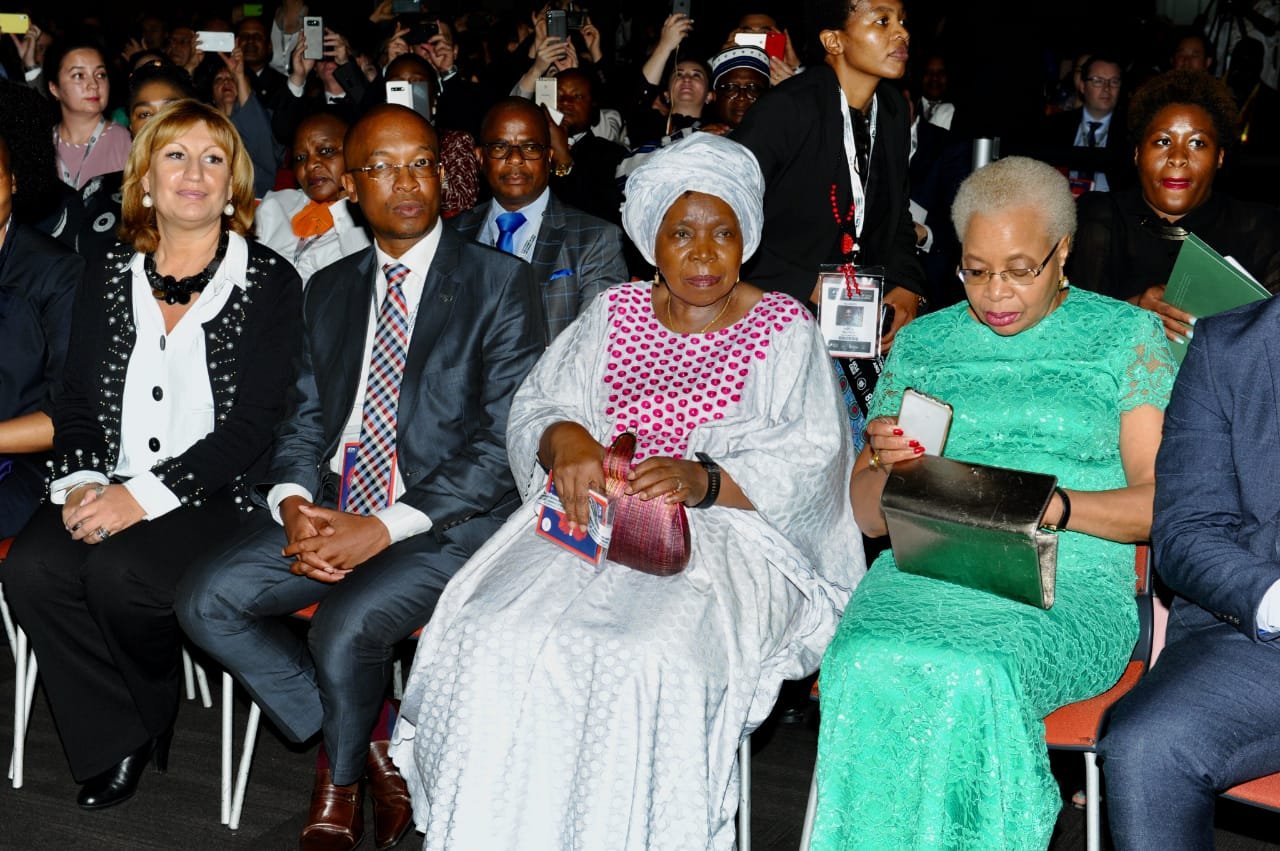Riyaz Patel
South Africa’s cooperative governance minister has told an international gathering of local government leaders to rethink their approach if they’re to harness opportunities in an era of diminishing public resources.
“We must therefore think differently, and not subject the development of local economies to financial and infrastructure constraints,” Nkosazana Dlamini-Zuma said at the United Cities and Local Government (UCLG) summit in Durban.
The resources available to work with are shrinking despite there being enough wealth in the world to sustain families and households, Dlamini-Zuma said.
She pointed to the Credit Suisse Research Institute’s Global Wealth Report for 2018, which states that the average wealth per adult stood at about $63 100, almost ten times more than the per capita wealth of the poorest nation.
“The same report informs us that the world’s richest 1 percent own 45 percent of the world’s wealth and the top 10 percent own over 84 percent of global wealth,” she said.
“On the other hand, adults with less than $10 000 in wealth make up 64 percent of the world’s population but hold less than 2 percent of global wealth. Although we live in the most productive time, the benefits are skewed.”
She told delegates at the Inkosi Albert Luthuli International Convention Centre Wednesday night that the congress had the responsibility of exploring new and innovative ways to reverse the economic fortunes of the majority of citizens.
“This will require collaboration in planning, implementation, monitoring and reporting between national, provincial and local authorities as well as all social partners including our people.”
“This can be achieved, by amongst others things, giving the voice back to our people. Local economic development can generate and sustain growth. It can also support the provision of basic, social and economic infrastructure as well human development,” Dlamini-Zuma told delegates working to define a global agenda for cities and regions for the coming years.

The CoGTA Minister said seeking innovative solutions in the context of the fourth industrial revolution presented opportunities to leapfrog the “stages of development,” particularly in the developing world.
“We must therefore innovate and change the manner in which we govern at all levels of government, particularly at a local level.“
She emphasized that the inclusion of women and the youth was key.
“In transforming that world of work and the communities we serve, we must ensure the inclusion of women and young people. Our transformation will not be complete until they too are active participants at all levels of planning, implementation, monitoring and evaluation.”
Dlamini-Zuma said amid the buzz around urban renewal, decision makers must ensure the needs of rural populations are not neglected.
“With growing urbanisation, this summit must explore and equip delegates with the tools that can facilitate for the other side of the coin of urban renewal – rural development.”
